Thanksgiving is almost here. A time to share food, fun, and a grateful attitude with people you love. Unfortunately, our zeal to celebrate abundance with our families often results in lots of wasted food.
In the United States, we generate an extra 5 million tons of household waste each year between Thanksgiving and New Year’s, including three times as much food waste as at other times of the year. When our total food waste adds up to 34 million tons each year, that equals a lot of food.
With millions of people, mainly children and the elderly, going to bed hungry every night, this type of waste is insensitive and wrong. To help make people aware of this problem, the Worldwatch Institute recently published a list of simple steps we all can take to help make this season less wasteful and more plentiful.
Here are our Top 5 favorites:
1. Plan your menu and exactly how much food you’ll need. The Love Food Hate Waste organization, which focuses on sharing convenient tips for reducing food waste, provides a handy “Perfect portions ” planner to calculate meal sizes for parties as well as everyday meals.
2. Encourage self-service. Allow guests to serve themselves, choosing what, and how much, they would like to eat. This helps to make meals feel more familiar and also reduces the amount of unwanted food left on guests’ plates. Also, simple tricks like using smaller serving utensils or plates can encourage smaller portions, reducing the amount left on plates.
3. Store leftovers safely. Properly storing our leftovers will preserve them safely for future meals. The U.S. Department of Agriculture recommends that hot foods be left out for no more than two hours. Store leftovers in smaller, individually sized containers, making them more convenient to grab for a quick meal rather than being passed over and eventually wasted.
4. Compost food scraps. Instead of throwing out the vegetable peels, eggshells, and other food scraps from making your meal, consider adding them to a compost pile. Individual composting systems can be relatively easy and inexpensive to make, and provide quality inputs for garden soils. In 2010, San Francisco became the first U.S. city to pass legislation encouraging city-wide composting, and similar broader-scale food composting approaches have been spreading since.
5. Donate excess. Food banks and shelters gladly welcome donations of canned and dried foods, especially during the holiday season and colder months. The charity group Feeding America partners with over 200 local food banks across the United States, supplying food to more than 37 million people each year. To find a food bank near you, visit the organization’s Food Bank Locator.
How to you reduce food waste during the holidays? Share your ideas in a comment!






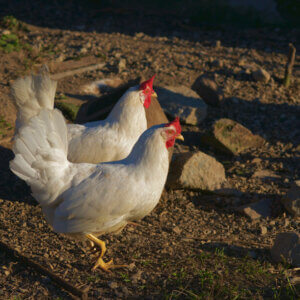













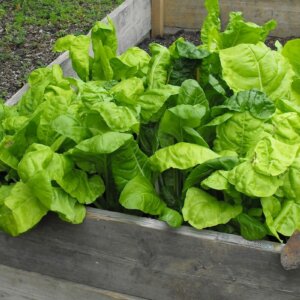









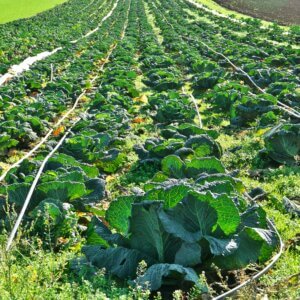
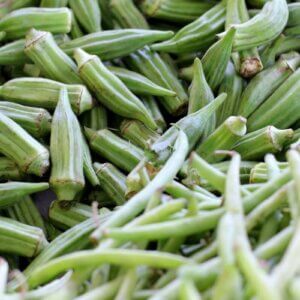




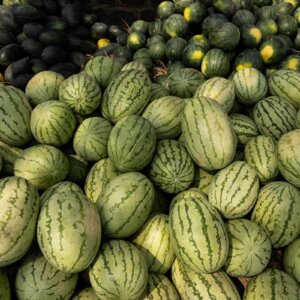




Leave a Reply